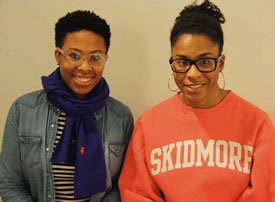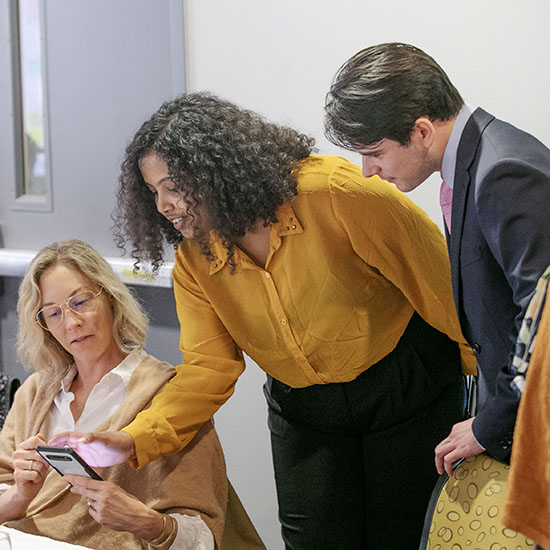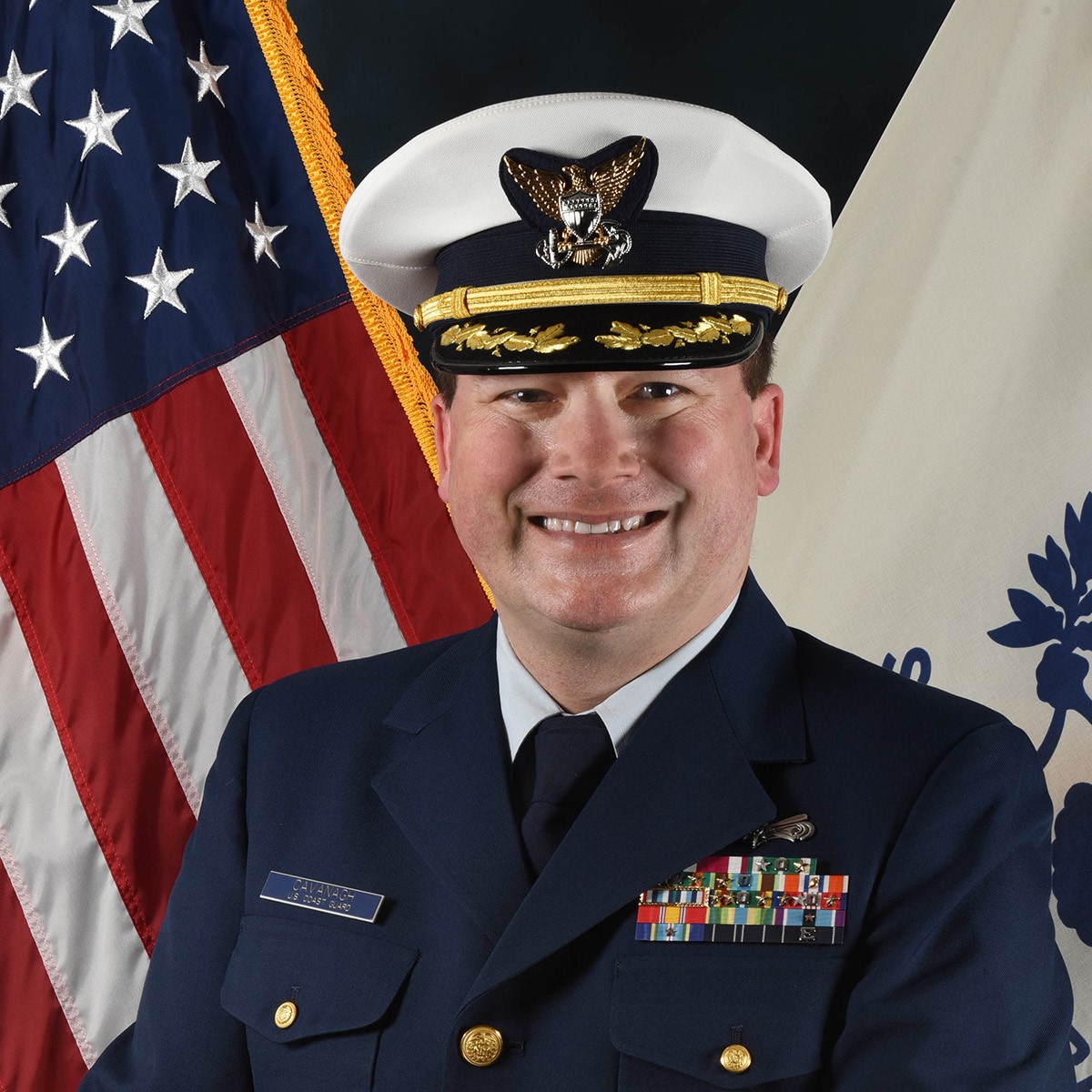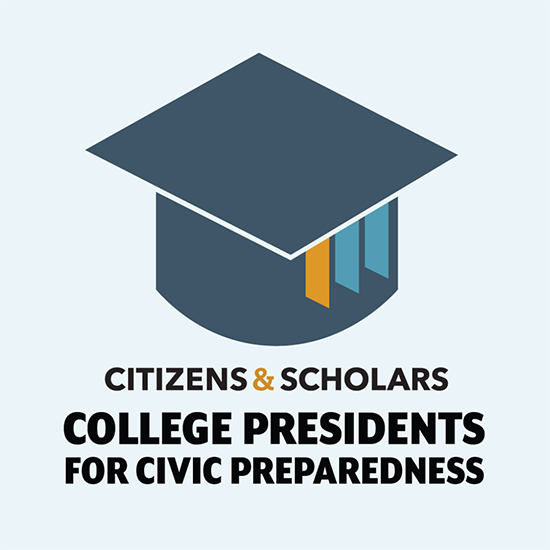Issues of inclusion

Tobi Ewing (left) and Kiara Boone, both Class of 2015
“Just because I am a Black student from NYC does not mean I have seen a drive-by.”
“No, you cannot pet my hair.” “Just because I am Latina doesn’t mean I’m an immigrant.”
These are just a few of the small acts of disrespect and objectification—some of them
merely ignorant faux-pas, others more deliberately unkind—faced regularly by Skidmore
students of color. But lately, instead of being overlooked, such “micro-aggressions”
are being challenged, scrutinized, and used as “teachable moments.” Their eventual
extinction is one goal of several student, faculty, and administrative efforts underway
to improve the spirit of inclusion and pluralism all across campus.
Skidmore’s Committee on Intercultural and Global Understanding conducted surveys in
2013 to assess the campus climate, and then spent much of 2014 analyzing the results
and drafting recommendations. At the same time, several students were banding together
to launch I, Too, Am Skidmore (ITAS), based on the I, Too, Am Harvard campaign that
has now spread to dozens of colleges around the country. Meanwhile, the Student Government
Association assembled its own task force on diversity and inclusion. And emanating
from the president’s office and cabinet, the 2014–15 action agenda, called “In It
Together,” particularly focuses on the Strategic Plan’s goals for intercultural understanding.
“We didn’t realize that some of our issues overlapped with the CIGU initiative,” says
Kiara Boone ’15, a leader of I, Too, Am Skidmore. “People who signed our petition
included faculty and staff, and some alumni and Saratoga residents too,” adds fellow
ITAS leader Tobi Ewing ’15. They say it’s a big advantage to have so many groups working
toward similar goals. For ITAS, the goals include “providing more visibility for the
community of color and the issues they face here on Skidmore’s campus.” Hence the
student photo gallery of messages about micro-aggressions at itooamskidmore.tumblr.com.
And institutional goals are outlined in the ITAS petition: an ethnic studies department,
with courses taught by faculty of color; required courses and community dialogue about
micro-aggressions and inclusion; a multicultural center with meeting spaces and academic
advising; a pre-orientation option addressing race relations; and more explicit discussion
of campus climate during the Discovery Tour program for accepted candidates of color.
When ITAS got started—by Ewing and Boone as well as the recently graduated Sofia Naqvi
’14, Kimberly Caceres ’14, and Jasmin Suarez ’14—it used meetings and forums “to reach
out and educate other students,” Boone explains, “helping them realize, 'You know,
that wasn’t just nothing—it did feel really uncomfortable,’ or 'Oh, now I see how
my comment was kind of racist.’” Ewing says, “Feeling unwelcome or excluded at Skidmore
is more than just uncomfortable. It affects our development as students and adults
and citizens.” In her first couple of years on campus, Boone recalls, “I didn’t think
my voice mattered. I just focused on my studies and my own group of friends.” An education
studies major and sociology minor, she came to see a few incidents as “part of a bigger
system that needed to change. I got more confident about being able to help improve
the community climate, and now I’m very invested in that spirit. I even started wearing
more Skidmore gear!” Gender studies major and arts administration minor Ewing agrees,
“Our work is not pulling from Skidmore but embracing it as our community. It’s a matter
of school pride—which I have now.”
Ewing and Boone say meetings with the president’s office and CIGU have been positive.
“The alignment of our agendas is important to us, because if the College is truly
committed to being more inclusive, then our demands should feel organic to Skidmore’s
operations, not just be a special program or side issue.” Well aware that changing
an institution from the inside out takes time, they say, “We had some really great
faculty and staff mentors, and we hope other students and committees, and the president’s
office, will carry on this work after we graduate.”
The Student Government Association’s president Addison Bennett ’16 and diversity VP
Sibo Gama ’15 may help ensure the cause continues. SGA’s diversity task force, with
its membership open to all students and its co-chairs chosen by application, is expected
to report with recommendations this spring. Gama has been in touch with ITAS and,
while it’s not an official SGA club, “we have tried to support it informally,” Bennett
says. He adds, I’m happy to see students and faculty and staff of all races engaging
with its messages and to see the administration taking it very seriously. As a white
male, I think it’s good to challenge the campus to confront these issues.”
As director of student diversity programs, Mariel Martin has been conversing with
three colleagues in other areas: Kristie Ford, a sociology professor who directs the
intergroup relations program; Herb Crossman, who coordinates equal employment opportunity
and workforce diversity; and Paty Rubio, associate dean of the faculty for personnel,
development, and diversity. Martin has also been co-chair of CIGU for the past three
years. Noting the “auspicious timing” of CIGU’s recent work and the ITAS movement—plus
other confluences, such as the Strategic Plan agenda and even the 10-year reaccreditation
process that Skidmore is undergoing—she says coalition building is a promising development.
In ITAS, she says, “it’s great to have a group that’s realistic, understands the institution,
and is willing to work together with other campus groups. That’s how progress gets
made.”
Martin acknowledges that several of Skidmore’s peer colleges offer some form of African-American
or ethnic studies. She remarks, “We’re a leader in offering the intergroup relations
minor; now maybe the time is ripe for another step.”
Formed by the president, an ad hoc task force of faculty, students, and staff is now
exploring the possibility of an ethnic studies program. The Institutional Policy and
Planning Committee is reviewing the recommendations submitted by CIGU. And President
Philip A. Glotzbach has made it clear he has a personal interest in these issues,
mentioning them in Commencement speeches, email messages, and talks with alumni and
parents. He has said, “This is one area where we have fallen short of our ideals.
We can and must do better.” Problems of racism or exclusion “diminish not only people
of color—who are, of course, most directly affected—but all of us.” He has pledged
“to pursue the goal of creating a more inclusive Skidmore until we are the community
we all imagine we can be.”
From formal committee work to casual dining-hall discussion, the subject seems to
be on everyone’s agenda. As the “Diversity at Skidmore” webpage declares, all members of the College community should be able “to participate
to their full capacity in the spirited, and sometimes challenging, conversations that
are at the center of the College’s educational mission.”


